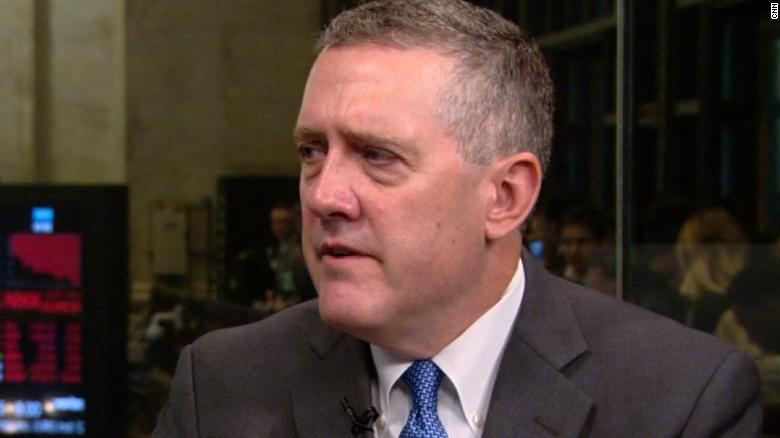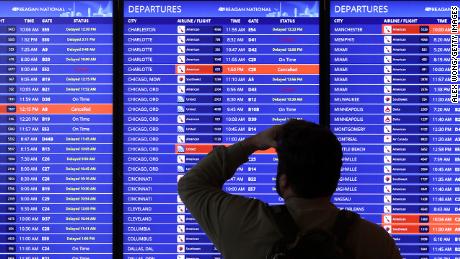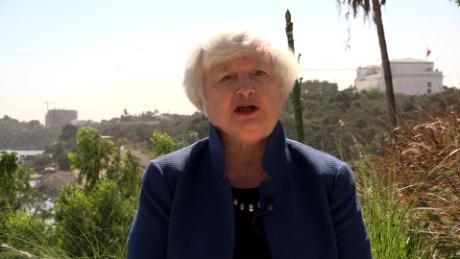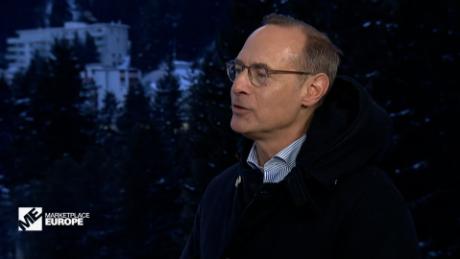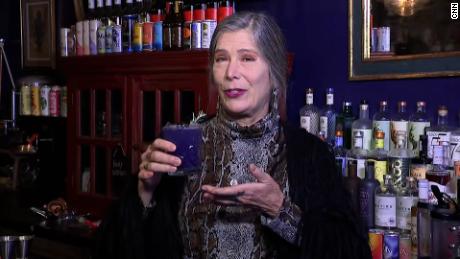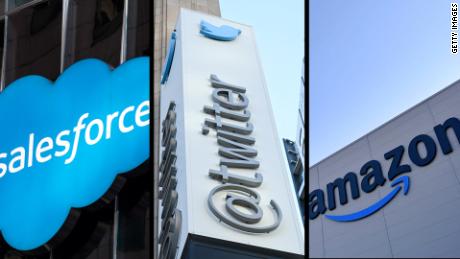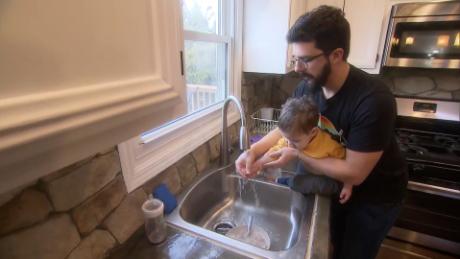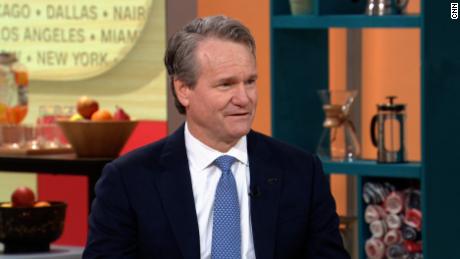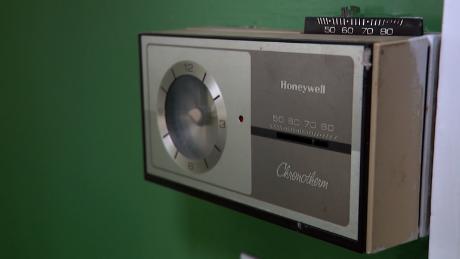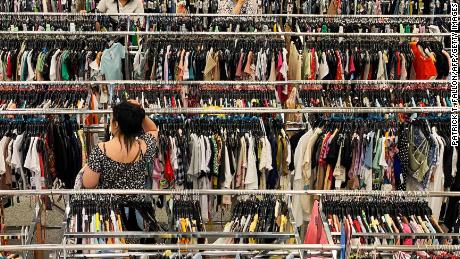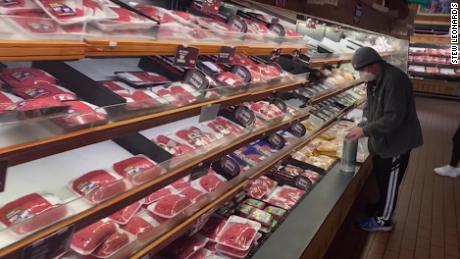New York (CNN Business)The market widely expects the Federal Reserve to cut interest rates at its next meeting on July 31. But that's a month too late, according to St. Louis Federal Reserve president James Bullard.
Bullard, speaking in an exclusive interview with CNN's Julia Chatterley on the First Move show Thursday, said the Fed should cut rates now and do so one more time later this year -- mainly due to worries that a trade war with China, Europe and other parts of the world could hurt the US economy.
"Trade uncertainty used to be relatively low. This used to be an issue that was on the back burner," Bullard said. "The president moved it to the front burner. Now I think trade uncertainty is high and I don't see that declining anytime soon."
Need for an 'insurance' rate cut in case trade war hurts economy
Bullard described a potential rate cut as an "insurance" move to prevent damage from any increase in trade tensions.
"The economy is slowing down, which isn't a terrible thing," he said. "But what if it slows more than we think, possibly because of a trade war? This would provide a bit of insurance against that."
Bullard, one of the Fed's regional bank presidents who has a vote on the central bank's interest-rate setting Federal Open Market Committee this year, was the lone dissenter on the Fed in June. He argued for a quarter-point cut.
According to the minutes of that meeting, released last week, Bullard voted for a rate cut in June because "of persistent low readings on inflation...along with the risks to the U.S. outlook associated with global economic developments." He argued that a rate cut provides "some insurance against unexpected developments that could slow U.S. economic growth."
But he does not think the Fed needs to be overly aggressive with rate cuts, Bullard told Chatterley Thursday.
In response to a question about whether he thinks the Fed should lower rates by a half-point at its next meeting, Bullard said, "I don't think we need to go that far" adding that "the critical thing here is to get inflation and inflation expectations better centered."
The Fed should "not get carried away" when asked if there might be a need for three or four rate cuts this year, he said.
A rate cut or two could probably help "straighten out" the yield curve, the difference between long-term bond rates and short-term rates, Bullard argued.
The curve recently inverted, which means short-term rates are higher than long-term rates. That often has happened just before an economic downturn. But Bullard said he is not too worried about a recession, noting the continued strength in the job market.
Bullard not a fan of the gold standard
Bullard was also asked for his views on Judy Shelton, President Trump's latest pick to fill one of the vacant spots on the Fed's board of governors.
Shelton is known for her support of the gold standard -- an old economic policy of pegging the value of the dollar to gold. The US abandoned the gold standard decades ago.
Bullard was diplomatic, saying that if Shelton were confirmed by the Senate to become a Fed member, she would "have to defend her views."
But Bullard added that the Fed is not interested in making political moves to intervene in the global currency markets. It's "hard to have an impact" on the dollar's value because it's "a relative game" -- a reference to the fact that other nations may also make moves to make their currencies more attractive, he said.
At the end of the day, the Fed wants a strong job market and healthy economy -- not a weaker dollar, Bullard added.
"You can't depreciate your way to success," he told Chatterley.
